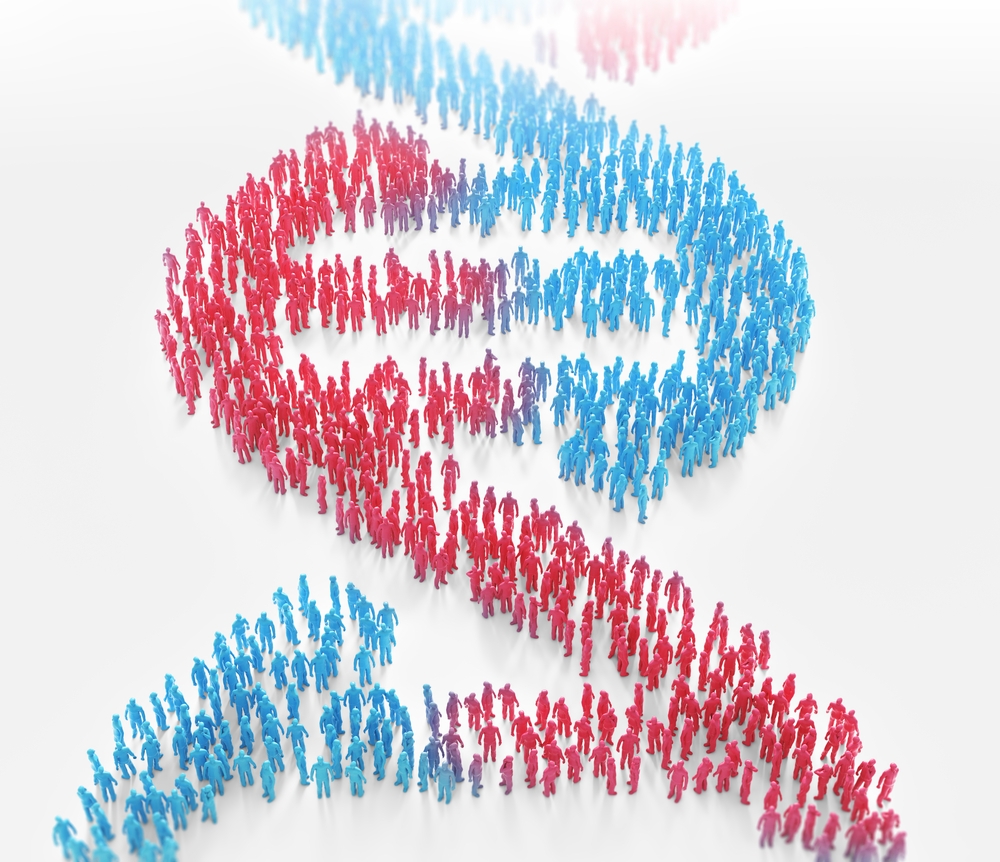New Mutation Linked to Bardet-Biedl Syndrome Identified in Iranian Study

Researchers have identified a new SDCCAG8 gene mutation associated with Bardet-Biedl syndrome (BBS) in an Iranian family.
The cases were reported in the study “A novel splice site mutation in the SDCCAG8 gene in an Iranian family with Bardet–Biedl syndrome,” published in the journal International Ophtalmology.
BBS is a rare genetic disease whose main features include obesity, retinitis pigmentosa (an eye condition that causes vision loss), polydactyly (having an extra finger or toe), kidney dysfunction, intellectual disability, and genitalia abnormalities.
BBS symptoms and severity vary greatly between patients, even among those in the same family, challenging the disorder’s diagnosis and management.
The disease is typically inherited in an autosomal recessive manner, meaning that a child must acquire two defective copies of a disease-causative gene — one from the father and one from the mother — to develop BBS. As such, consanguineous marriages — those between closely related individuals — increase the chances of a baby acquiring a mutated gene from each parent.
Mutations in at least 20 different genes (BBS1–BBS20) have been associated with the development of BBS. Those in the SDCCAG8 gene (also known as BBS16) have been linked to a form of BBS with all the main features, except polydactyly.
Researchers now identified a new SDCCAG8 mutation associated with BBS in a consanguineous Iranian family.
A 12-year-old boy was referred to their clinic with retinitis pigmentosa and a history of kidney transplant at age 10 due to kidney failure. His 22-year-old sister also showed mild retinitis pigmentosa, but no evidence of kidney defects or any other BBS-related symptoms. None had polydactyly.
Their consanguineous parents had no symptoms of the disease.
Genetic analysis identified a new SDCCAG8 mutation (c.1221+2T>A) in all four family members, with only one mutated copy of SDCCAG8 present in both parents and two defective copies in both their children.
Further analyses showed that the mutation could be classified as disease causative, as it led to significant structural changes in SDCCAG8’s resulting protein that affect its function.
Particularly, the mutation was found to affect the gene’s “alternative splicing,” an event that allows a single gene to give rise to many different proteins. Much like in a recipe, adding or removing certain key ingredients — in this case, pieces of genetic information — can change the resulting protein.
The newly identified SDCCAG8 mutation either resulted in skipping over a specific part of the resulting RNA (which then generates the protein), or in a premature stop in protein production, leading to a shorter protein.
“Our findings expand knowledge of the spectrum of mutations in the SDCCAG8 gene, which can facilitate effective genetic counseling, screening, and prenatal diagnosis,” the researchers wrote.
They also said that further studies are needed to better understand the role of this new mutation in the development of BBS.




